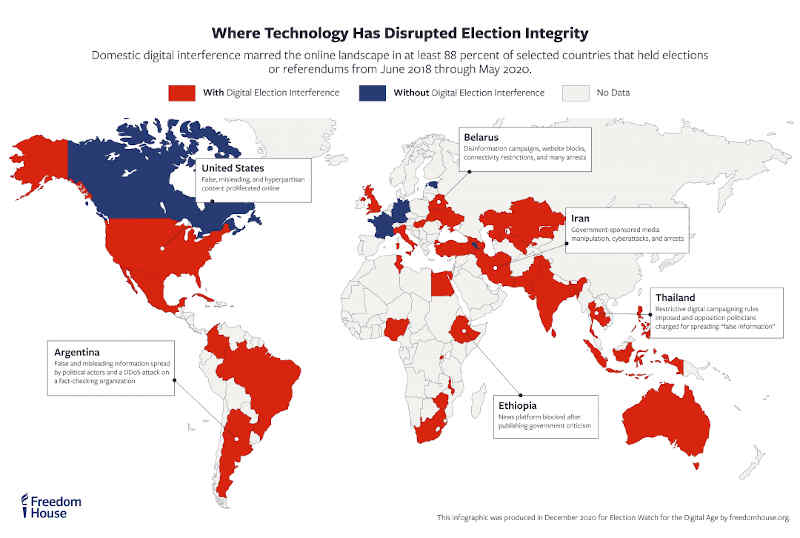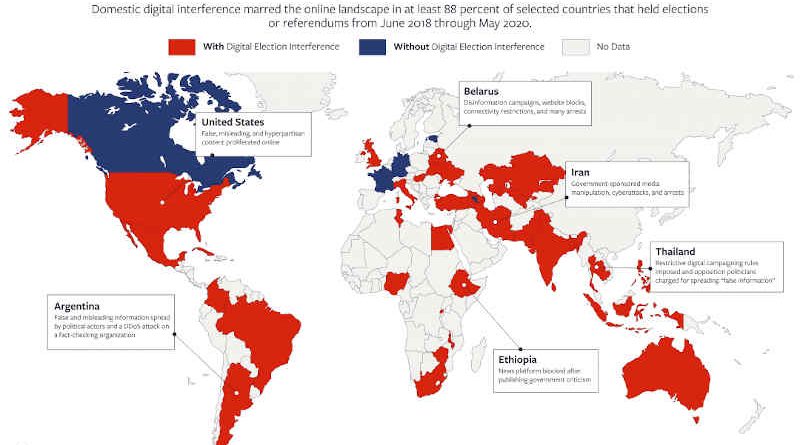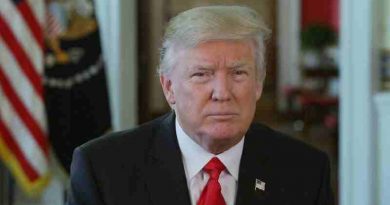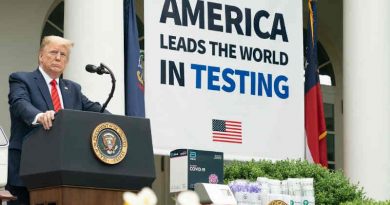Research Report Analyzes Digital Interference in Elections

In 2021, Freedom House says it will produce preelection assessments and Election Vulnerability Index data for all major national elections around the globe.
A growing number of governments are employing digital tactics to repress political opponents and distort their countries’ online media environments ahead of elections, according to a new Freedom House research project.
Election Watch for the Digital Age examined 40 elections and referendums held between June 2018 and May 2020, and found that 88 percent of these contests were marred by digital election interference.
Political incumbents spread false rumors about opposition candidates, authorities shut down the internet, and police arrested individuals for speaking out on social media. As a result, voters in 32 countries were inhibited in their ability to access objective information about candidates and meaningfully participate in the political process.
Freedom House says it has documented such incidents in countries across the democratic spectrum, from Azerbaijan to Australia. Voters in the United States, who have already experienced a manipulated information environment during the 2018 elections, are facing another round of digital election interference, as outgoing president Donald Trump uses social media to spread false claims of victory and stoke rising intimidation against state politicians and even low-level election workers.
“It was extraordinary to witness not only the depths that a U.S. president would go to undermine the democratic process, but also how public officials, tech companies, and civil society stepped up to protect the integrity of our elections,” said Adrian Shahbaz, director for technology and democracy at Freedom House. “Unfortunately, people in many countries can’t rely on the same institutional checks and balances or media attention that we have here.”
Election Watch for the Digital Age offers Election Vulnerability Index (EVI) data and accompanying analytical assessments, which are derived from Freedom House’s annual Freedom in the World and Freedom on the Net reports.
This information allows users to identify specific areas of concern ahead of a country’s election, including online influence operations, internet shutdowns, and intercommunal tensions fanned by social media.
Freedom House says it piloted the project by examining contests in Burkina Faso, Côte d’Ivoire, Georgia, Jordan, Myanmar, Moldova, Uganda, the United States, and Venezuela, producing Election Vulnerability Index data as well as analytical preelection assessments on all nine countries.
In 2021, Freedom House says it will produce preelection assessments and Election Vulnerability Index data for all major national elections around the globe.
Freedom House is an American organization devoted to the support and defense of democracy around the world.
💛 Support Independent Journalism
If you find RMN News useful, please consider supporting us.




